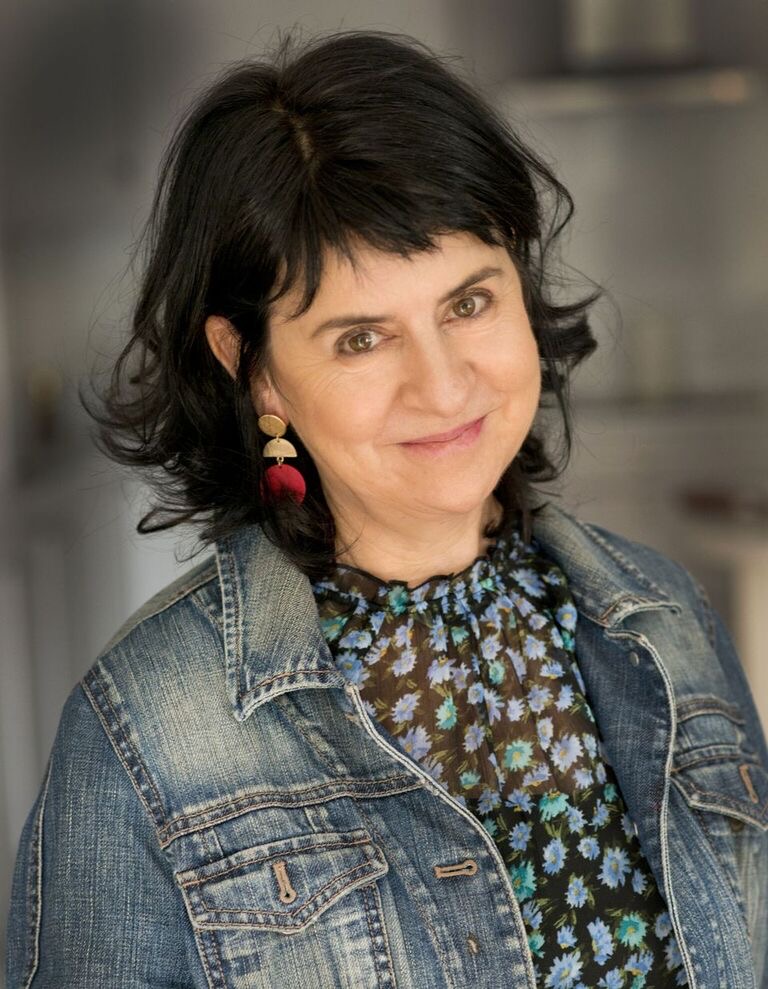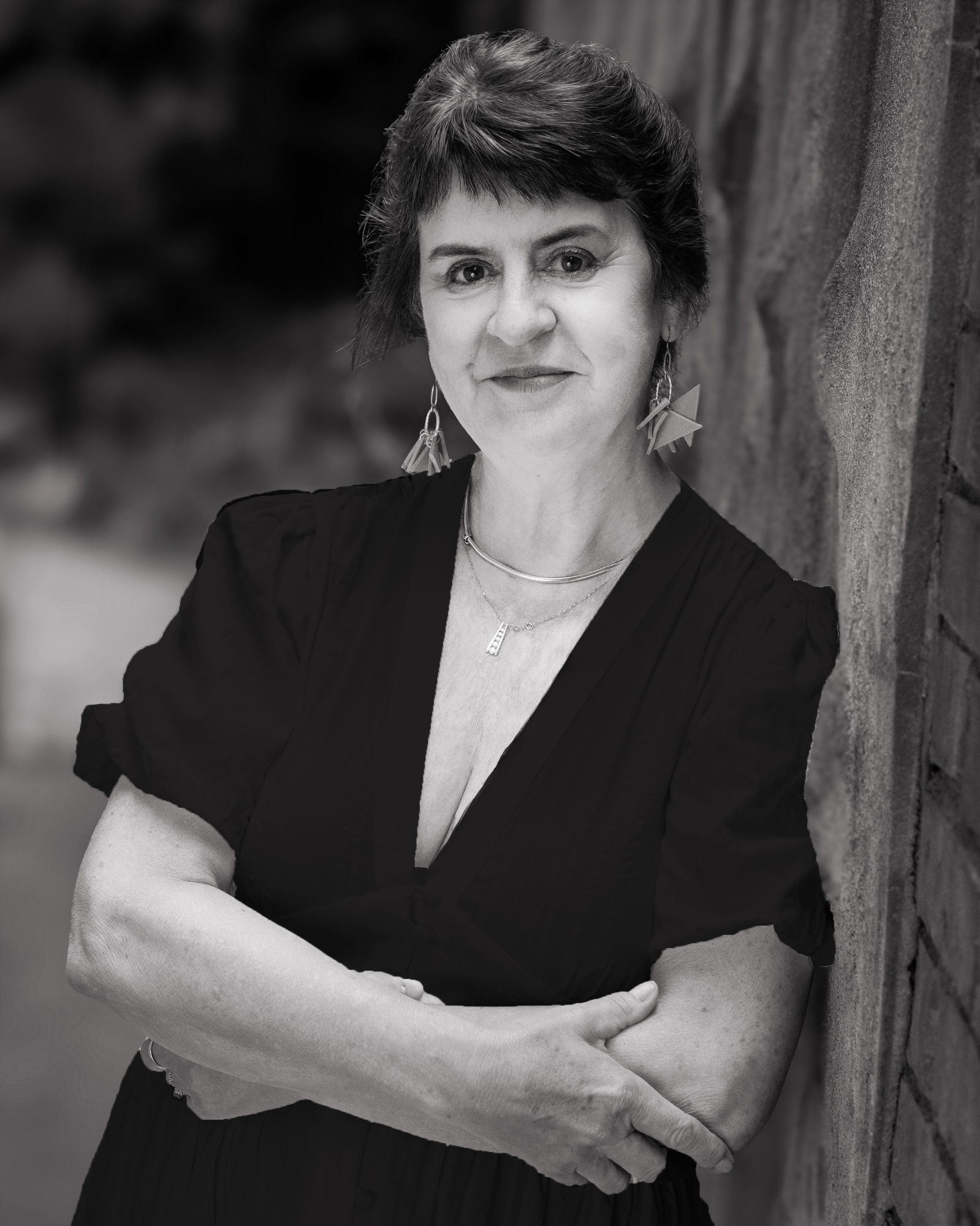The daughter of the famed musician, educator and archivist, Buadhach Tóibín, Fiona Tyndall came into possession of her late father’s hand-written manuscripts of traditional Irish songs spanning over two centuries.
Raised on trad music and with a foundation of the language, as taught by her parents in a summer school in the village of Carrigaholt, Co. Clare, Fiona sought to bring the music from these manuscripts to life.
“It took quite a while,” Fiona tells Post-Burnout of beginning the project from her current home in Princeton, New Jersey. “First of all, I came across the book with all the songs in it. It had been in my possession, but it was in a box in the basement of my house.
“I came across it, and it took me a while to decide what to do with it. Then I contacted a musician that I had worked with, twenty years previously, and I flew home, and we had a couple of meetings, and that took time, as well.”
The initiation was stalled due to the distance between Fiona’s collaborator (the Dublin-based producer Brendan Hayes) and her. “It worked for me, because I didn’t have a timeframe,” Fiona says. “I didn’t have to have it for any special time, you know? So, I was quite happy with that; I was quite happy doing my own work over here, and then, when I had a chance to get home, I jumped in and started working on this project.”

The relaxed, languid pace of making the record was enjoyable at first, until the project was delayed indefinitely by the COVID-19 pandemic in 2020. As such, the album was shelved for a while.
During that time, Fiona put her focus on a smaller project: a six-song EP of Jimmy McCarthy covers, which was released as No Frontiers in November 2021.
After that EP, and when the threat of COVID-19 subsided, she and Brendan refocused their full attention on their initial project. Released in September, Éinín an Cheóil (translated as Birdsong in English) is the fruit of their labour. While Fiona cannot remember the exact timeline from inception to release, she admits, “It took a few years!”
The album marks the first time since her 2004 debut album, Deirin Do, that Fiona has made a record as Gaeilge. “I’m very proud of recording a whole album in Irish,” she admits. “And it’s my second album in Irish, and that does make me very proud, I have to say, even though there’s a very niche market for it. I know that. But, yeah, I’m very happy that I did it.
“And the songs are lovely, and the music behind them… The production is lovely, and the arrangements that Brendan Hayes arranged with me are really lovely, I have to say. I’m very pleased to have it done.”
But while Irish-language music may be considered a niche market now, Fiona does admit that that seems to be changing with the revitalisation of the language in day-to-day parlance.
“So, I’m living here in the States, and I’m coming across people all the time that want to learn it,” Fiona says of the Irish language. “I come across people that speak it! And they’re American! And, for me, that’s great motivation!
“There’s a group down in Philadelphia… – the Irish Society of Philadelphia – …and I was down there, and I met a bunch of people who were American, but they were speaking Irish, and they go over every year to Ireland to learn the language. They go to Donegal every year. Every Christmas, there’s a course up there, and they go every Christmas, and their language is very fluent.”
In addition to preserving the language through art, Éinín an Cheóil also serves as documentation for traditional music that, otherwise, may not have had the opportunity to be immortalised through recordings.
“The book has been archived now, and it’s available to anybody in the Irish Archives,” Fiona says of her father’s book. “It was a great thing that he did, really. He just documented the songs… – he wrote them in his own hand, which is lovely for me to have! – …and some of them, he put the tonic solfa beside them, so that we have a little bit of the music, as well, because you have to go researching the songs.
“So, he didn’t do it for any other reason than he loved songs. I do it, myself, when I come across new songs; I write them down, find the lyrics. I just keep them in a different format, but that’s just what he did. That was their way of collecting and delving and all that.
“So, it’s lovely to have it, and there’s lots more songs that I’d love to delve into, and [Laughs] start another project! That would be a nice thing to do.”
Fiona Tyndall’s latest album, Éinín an Cheóil, is out now. You can keep up with Fiona and purchase the album through her website.
Tune into POSTBURNOUT.COM Interviews… tonight at 23:00 (IST) to hear this interview in full. Available on YouTube, Spotify, Apple Podcasts, and Amazon Music Podcasts.

Aaron Kavanagh is the Founder and Editor-in-Chief of Post-Burnout. His writing can also be found in the Irish Daily Star, Buzz.ie, Totally Dublin, The GOO, Headstuff, New Noise Magazine, XS Noize, DSCVRD and more.

 POST-BURNOUT
POST-BURNOUT